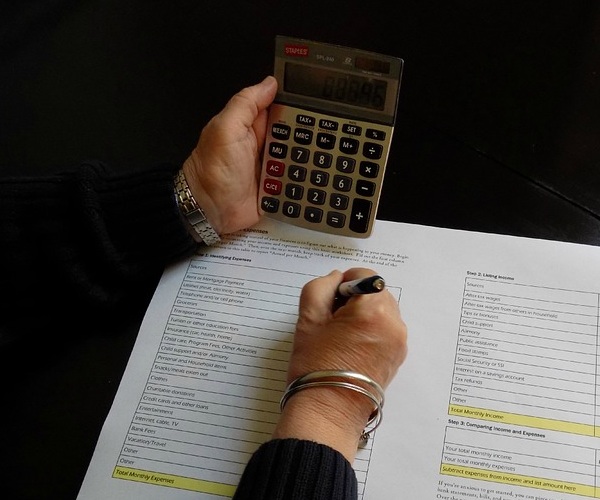 Having a thoughtful and strategic plan is never enough (Click HERE to learn about Creating a Financial Plan), you can plan all day long but if you do not start taking action to realize your goals, you will never achieve them. You want results, and that means execution and you must take action! Therefore, the execution of a financial plan is the next step involved in the process.
Having a thoughtful and strategic plan is never enough (Click HERE to learn about Creating a Financial Plan), you can plan all day long but if you do not start taking action to realize your goals, you will never achieve them. You want results, and that means execution and you must take action! Therefore, the execution of a financial plan is the next step involved in the process.
This step includes the implementation; monitoring and ongoing adjustments of the plan to make sure you stay on track and reach your most important financial goals. It often requires discipline and patience, as the execution of a financial plan is a bit lengthy process. Those who do not have enough time to manage the process on their own had obtained help from professionals such as accountants, financial planners and investment advisers.
One execution Plan may include all or some of the following:
- Wealth Management
- Education Funding
- Insurance Strategies
- Estate Planning
Check this regularly and then integrated back into the planning process.
And sometimes after having spent the time and effort to develop financial goals we fall short and don’t achieve them. It’s disappointing. As we have planned and sacrificed only to have our efforts amount to nothing. What we’re left with is a feeling of failure. And sometimes that feeling extends way beyond just our “failure” at financial management.
You want results, and that means execution and you must take action!
One might start to consider failures in other aspects of their lives as well. But understanding that failing in a financial goal doesn’t mean it is a failure in general. It implies that you need review why your plan didn’t work and to go back to the beginning and rework it so it’s successful the second time or even third time. You might discover that your goals weren’t realistic or you might find that you haven't planned for emergency funds for job loss or health problems. Or you might find that instead of spending with your financial plan in mind, you allowed yourself to self-indulgent and spend on luxuries. Yes, it happens!
The most important thing to remember is to try again. Do not feel discouraged if you do fall short, it is part of the learning process, start over with the modified goals or even new ones. One missed attempt doesn’t mean you should give up. Learn from your mistakes. As time goes by, developing better financial habits will get easier.
Periodic monitoring and reassessment of financial plan
The last step of the financial planning process involves monitoring the financial plan’s implementation and progress towards meeting goals. It is no surprise that the world that we live in changes constantly. Due to these changes, it’s important to make sure that your financial plans are up to date. Financial planning is a dynamic process that needs the constant monitoring and readjustment of financial goals and plan.
Financial planning is an ongoing process that entails defining goals, gathering data, measuring progress and changing course when necessary. Financial plans are continually edited and updated.
It is an Ongoing Process
The goal of having healthy finances is to make sure that you are monitoring this plan and do this effectively. You will find that through continuous monitoring, you are going to find any problems arise and correct these before they can damage your portfolio.
It’s recommended to check and revise your plan at least annually. In the best case scenario, a financial plan would be revised upon realizing that some facts or assumptions in your financial plan have changed. But the answer to this really depends on the financial aspects that you are evaluating. For example, you must look at the checking and savings account routinely, meaning at least once a month. However, most people do this more often since they are constantly using these accounts.
Thus, it is vital that you check out your financial plan and change this according to the changing times. As elements of personal finance have the tendency to change, some more than others. A minor change in one of these elements (budgets, investments, financial risks, estate plan, etc.) can severely impact your ability to meet your financial planning and life goals. By periodic monitoring, one can have a healthy financial plan which is rewarding, and can avoid losing everything in which the consequences are life altering and devastating to go through.
To end, personal finance is an important aspect of our life. Making sound and prudent financial decisions are part and partial of your life. It will only be possible when you have the correct attitude and discipline in managing your money so that you can reach your financial goals sooner.
Free personal finance spreadsheet (Budget worksheet, Net-worth Calculator & Goal worksheet) for download, CLICK HERE

